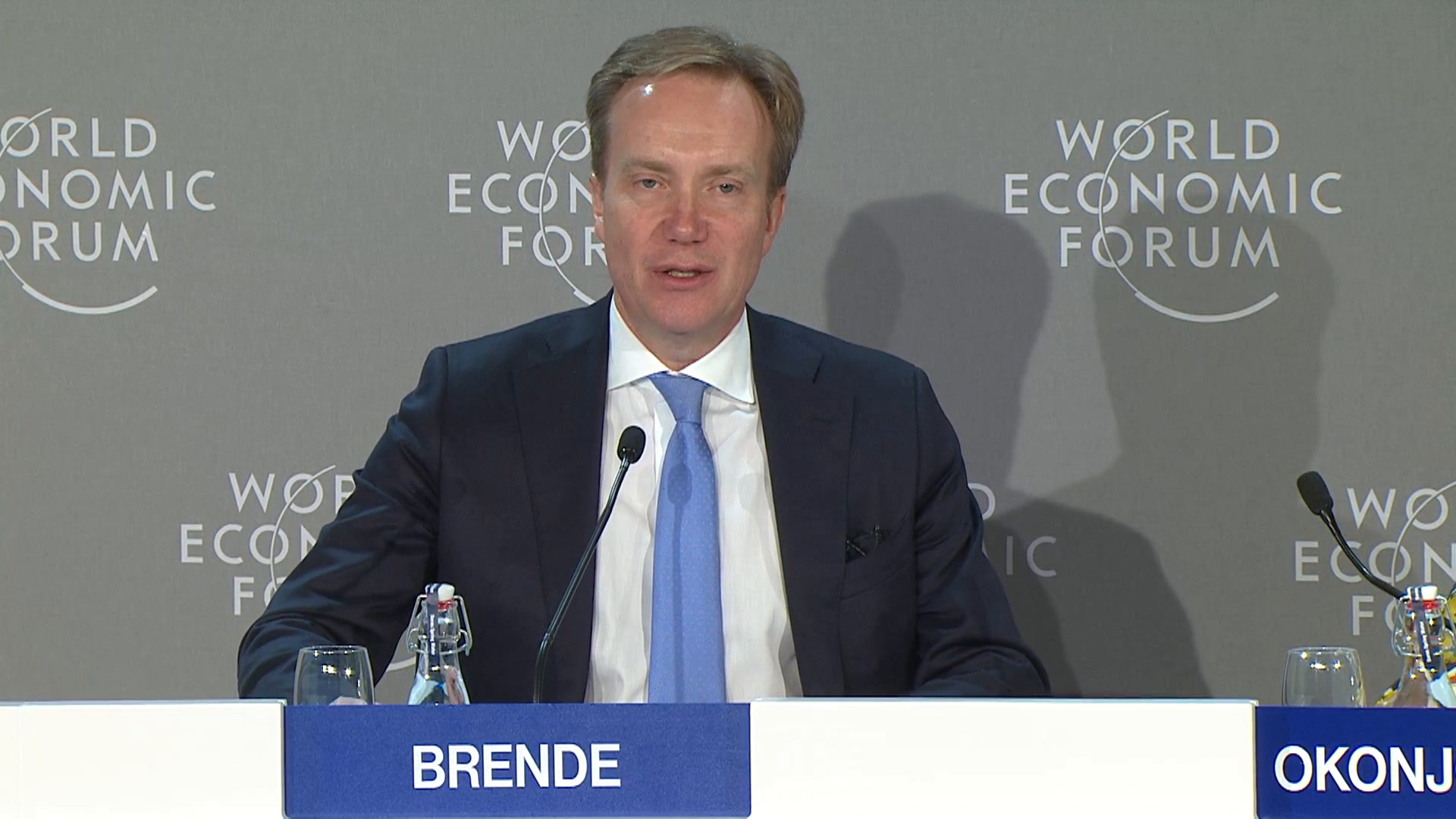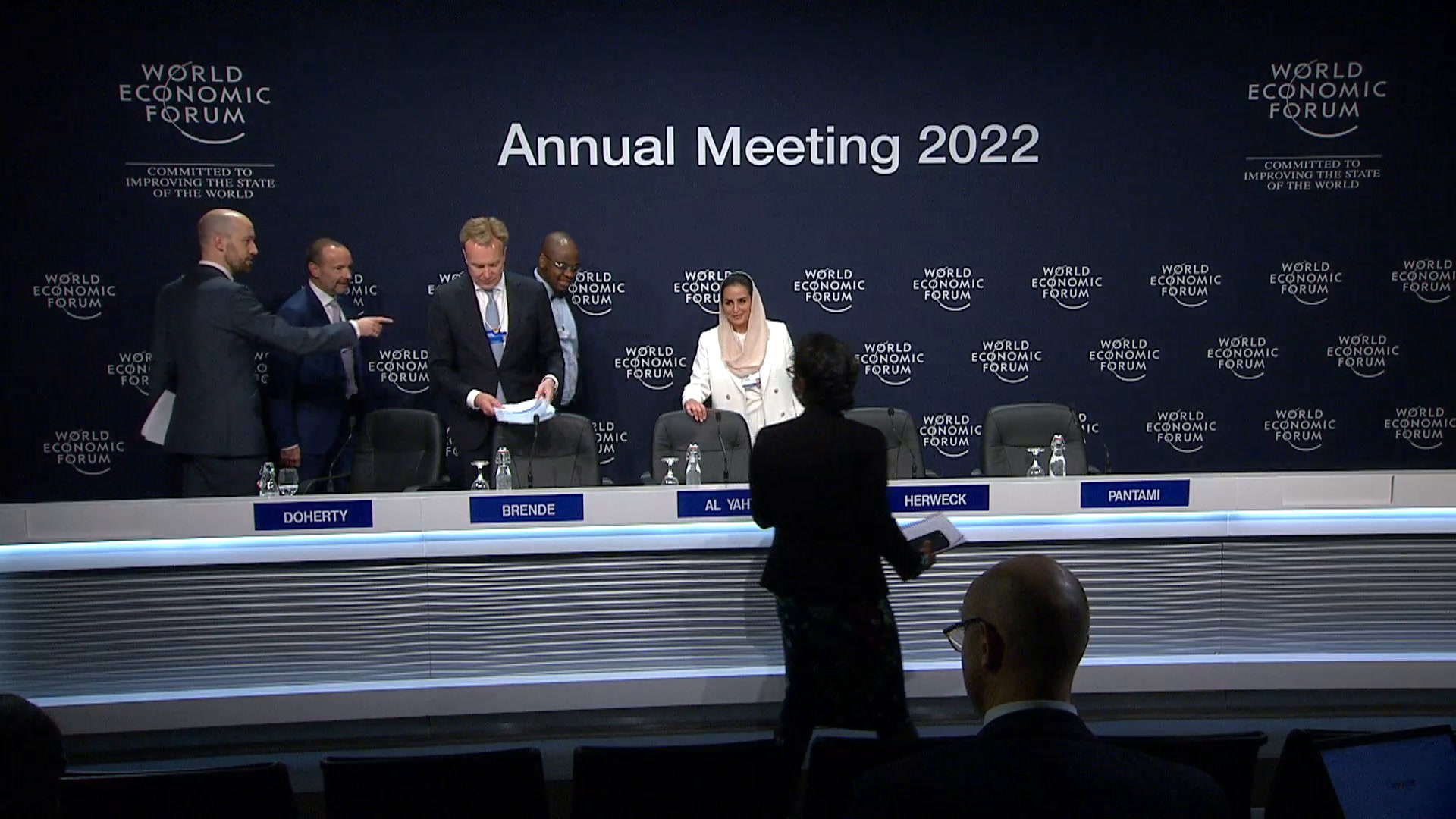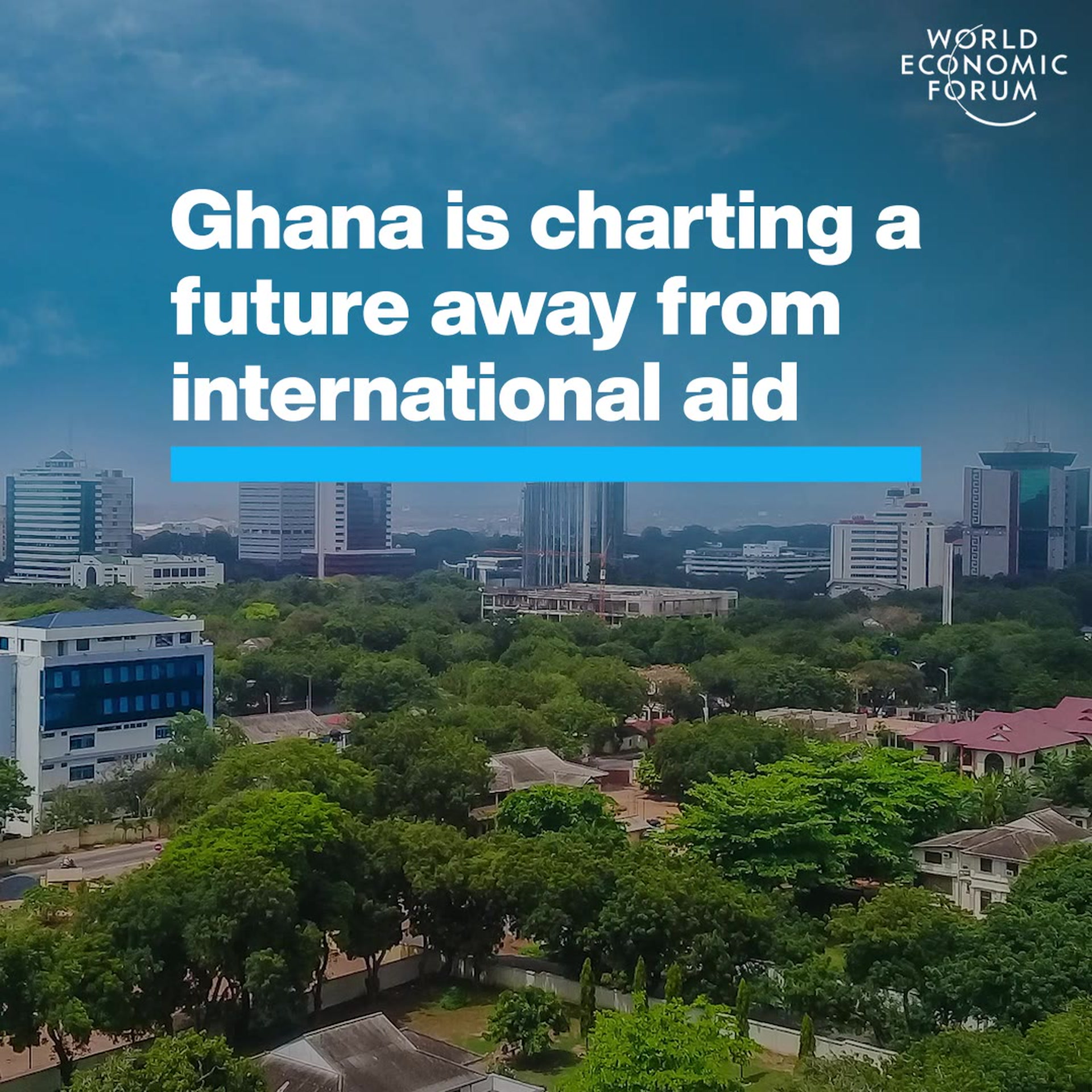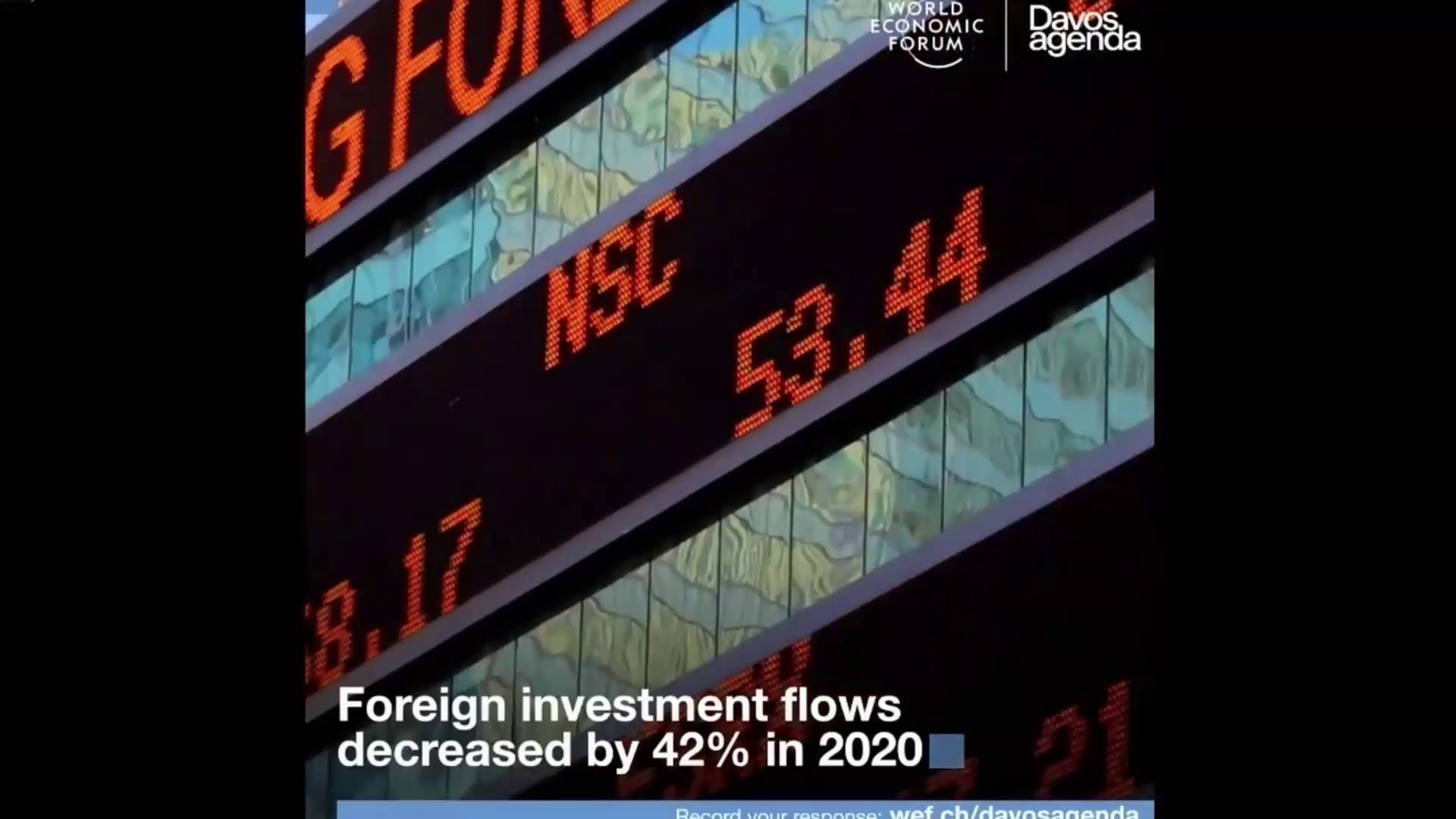
Sustainable Investment Pathways: Playbook
The Sustainable Investment Pathways (SIP) playbook outlines a process of how best to collectively move capital at scale and speed to meet the SDGs.
The evidence shows that foreign direct investment (FDI) can generate not only capital and revenue, but also jobs, knowledge, technology, competitiveness, innovation, upgrading and especially inclusive, sustainable and responsible growth.
Yet none of this is automatic. It depends on creating the right business environment and regulatory frameworks, underpinned by international agreements, national policies, domestic procedures and specific measures. In addition, in recent times geo-economic competition and technological change pose new and growing challenges to these benefits.
The Global Investment Policy and Practice Initiative brings together business and government to address these challenges and unlock the potential of investment, informed by experts, experience and evidence. This is achieved by reforming existing rules, creating new international frameworks, identifying supportive policies and measures, and implementing these in practice through in-country projects.
Projects are under way in Oman, Pakistan and Rwanda, and have been completed in Azerbaijan, Brazil, Cambodia, Ghana, India, Kenya, Namibia, and Papua New Guinea.
There are 4 sub-groups:
1. Investment facilitation: What are the most important investment facilitation measures to include in international frameworks, including a WTO Agreement on Investment Facilitation for Development, and how can this agreement improve investment climates? Estimates by the German Institute of Development and Sustainability place the potential global welfare gains at over $1 trillion.
2. Sustainable investment and Climate FDI: What are the most important policies and measures to advance the sustainable development impact of investment flows? How can FDI help achieve climate goals?
3. Digital FDI: What are the policy and regulatory enablers to attract FDI to grow the digital economy, whether growing new digital activities, encouraging digital transformation or providing digital infrastructure?
4. Outward FDI: How can policymakers work with firms to identify policies and measures that support outward investment while maximizing benefits for both home and host economies?
A World Investment for Development Alliance (WIDA) was launched in Davos as a mechanism to grow cooperation and collaboration.
The Sustainable Investment Pathways (SIP) playbook outlines a process of how best to collectively move capital at scale and speed to meet the SDGs.
Papua New Guinea has embraced growth in the digital economy and targeted e-commerce as part of its development strategy. Making “Harnessing Inclusive Opportunities, Embracing Digital Futu...
FDI brings not only capital but also knowledge and technology. Attracting digital FDI can help economies and companies boost digital capabilities, but reflecting the fact that this is a n...
Transformational Investment: Converting Global Systemic Risks into Sustainable Returns provides new insights to ensure that the long-term impact of non-traditional risks and opportunities...
Geopolitical tensions have shaken business confidence, leading to decreased global investment flows. This briefing paper by the Global Future Council on International Trade and Investment...
Trade and investment emerged as an overarching theme in this year’s Annual Meeting in Davos. Over the last 12 months, despite widespread inflation; supply chain issues lingering since the...
Foreign direct investment (FDI) can play an important role in delivering the 2030 Agenda for Sustainable Development. Investment flows help advance a nation’s development by bringing capi...
Digital transformation is rapidly taking place, and we need the right governance frameworks to maximize its positive contribution and enable societies to prosper.
As the 2022 World Cup nears its grand finale, I was watching a game one night while working and I realised how football and foreign direct investment (FDI) share some remarkable similarit...
When investing is sustainable from an economic, social, environmental and governance perspective, it can provide not only capital but also drive job creation, alleviate poverty, encourage...
Services account for two-thirds of global GDP, and more than six out of 10 jobs. In recent years, services export growth has outpaced sluggish growth in merchandise trade, and now account...
Climate change has been on the international agenda for a long time, but recent developments have upped the urgency of taking immediate action for both humanitarian and developmental reas...
This week, World Trade Organization (WTO) delegates are negotiating an international framework to make it easier for investment to flow between economies and lead to sustainable development.
COVID-19 has changed the way we live and work almost overnight. Analysts are struggling to keep pace with the impact on economies, sectors and firms. One thing that we already know, howev...
Ministers at Davos announced negotiations between 99 economies on a new international framework on investment facilitation for development at the World Trade Organization (WTO), with the ...



















